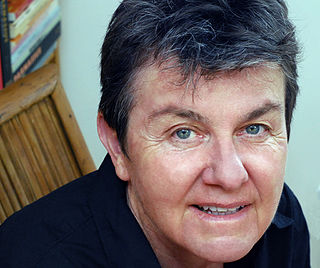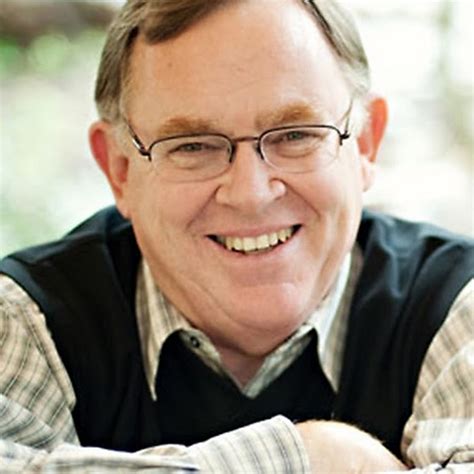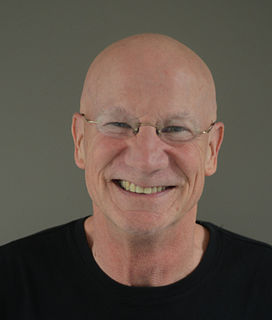A Quote by Megan Phelps-Roper
My family thought - and thinks - very seriously about words. About language and what it means and how it shapes us and how it should shape us and change us.
Related Quotes
Language both reflects and shapes society. Culture shapes language and then language shapes culture. Little wonder that the words we use to talk to each other, and about each other, are the most important words in our language: they tell us who I am, they tell us who you are, they tell us who 'they' are.
Music. – There is something very wonderful in music. Words are wonderful enough: but music is even more wonderful. It speaks not to our thoughts as words do: it speaks straight to our hearts and spirits, to the very core and root of our souls. Music soothes us, stirs us up; it puts noble feelings into us; it melts us to tears, we know not how: – it is a language by itself, just as perfect, in its way, as speech, as words; just as divine, just as blessed.
If we have not struggled/as hard as we can/at our strongest/how will we sense/the shape of our losses/or know what sustains/us longest or name/what change costs us,/saying how strange/it is that one sector/of the self can step in/for another in trouble,/how loss activates/a latent double, how/we can feed/as upon nectar/upon need?
When people say stuff to us casually in reviews, if they write about it in a condescending way with really gendered language, that's not really about me. It used to hurt my feelings more than it does now. That's not about us as a band or me as a person. That's about how you feel about women, and that's a societal thing.
As long as we see church life as a meeting we’ll miss its reality and its depth. If the truth were told, the Scriptures tell us very little about how the early church met. It tells us volumes about how they shared life together. They didn’t see the church as a meeting or an institution, but as a family living under Father.
Those who make us believe that anything’s possible and fire our imagination over the long haul, are often the ones who have survived the bleakest of circumstances. The men and women who have every reason to despair, but don’t, may have the most to teach us, not only about how to hold true to our beliefs, but about how such a life can bring about seemingly impossible social change.
In thinking about religion and society in the 21st century, we should broaden the conversation about faith from doctrinal debates to the larger question of how it might inspire us to strengthen the bonds of belonging that redeem us from our solitude, helping us to construct together a gracious and generous social order.
Encourage others each and every day-nothing's more important than our words. Did you know that, on average, each of us speaks about twenty-five thousand words daily? My last book didn't have that many words. A lot of language is flowing out of our mouths every day and having an impact on those around us. But how much of that flow is fulfilling God's intended purpose for our speech? How much of it reflects pride, rather than a gospel-motivated humility?
It's amazing how much information is coming at us most of the time through technology, the media and the busyness of the world around us. I've decided that the world probably isn't going to change, so I have to change. I'm learning how to keep my mind on what I'm doing, rather than thinking about several things at once or what I want to do next.
In this country, unfortunately, as all over the world, we care so little, we have no deep feeling about anything. Most of us are intellectual-intellectuals in the superficial sense of being very clever, full of words and theories about what is right and what is wrong, about how we should think, what we should do. Mentally we are highly developed, but inwardly there is very little substance or significance; and it is this inward substance that brings about true action, which is not action according to an idea.





































